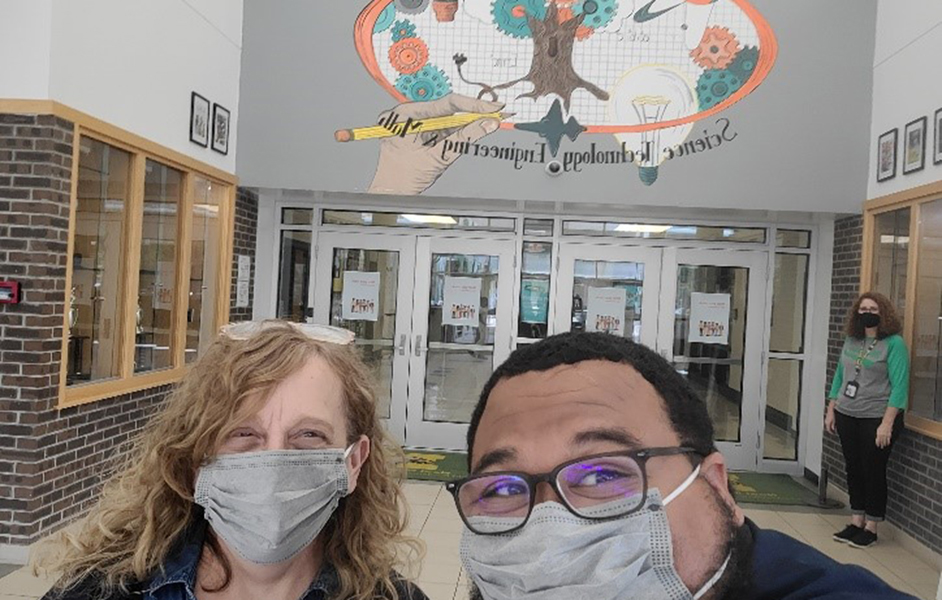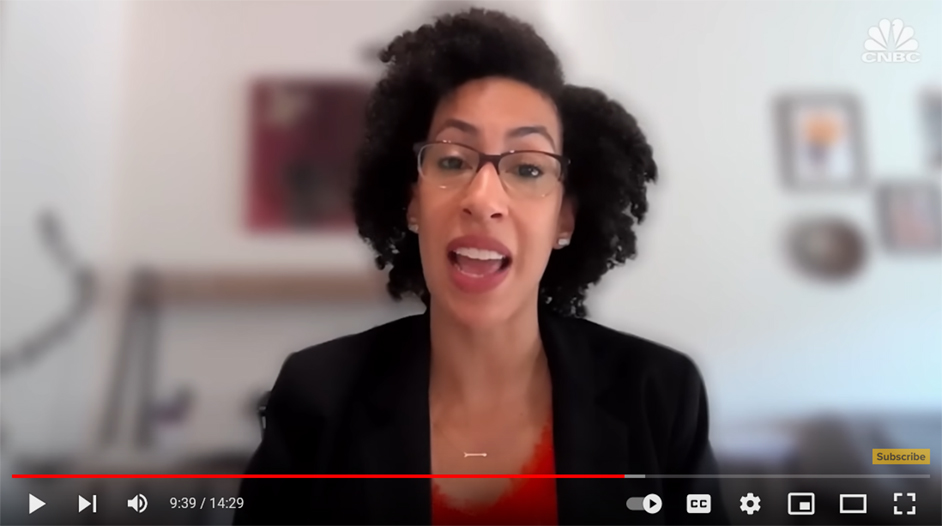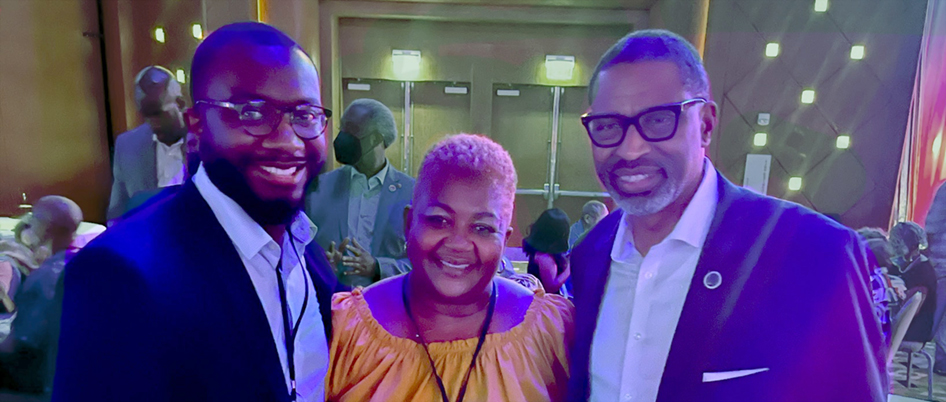April 1, 2022 – September 30, 2022
Welcome to our Impact Report which chronicles CRL successes made at executive, regulatory, and state levels. These achievements are supported by novel research, strong coalitions, and effective communications strategies that we’ve employed for more than 20 years.
Biden Administration Delivers Student Debt Relief, Echoing Americans’ Sentiments
CRL and allies applauded President Biden’s August 24th announcement to cancel federal student loan debt of up to $20,000 and extend the payment pause to December 31, 2022. CRL called for loan forgiveness years prior to the pandemic, viewing relief as essential for people of color and low-to-moderate income families given our nation’s legacy of discrimination. Relatedly, a CRL-commissioned Morning Consult poll found the pause has helped struggling borrowers pay for gas, food, and transportation (37%) and credit card debt and personal loans (31%).
Installment Loans Exposed, APR Explained
Unsafe Harbor: The Persistent Harms of High-Cost Installment Loans research revealed the simple truth about high-cost installment loans with APRs above 36%— they cause borrowers to miss payments on other obligations, resulting in additional debt or a larger financial deficit, rather than easing financial issues. Also, in Episode One of CRL’s new “in Focus” video series, Yasmin Farahi explains why understanding the annual percentage rate is a useful way to capture and compare the cost of credit regardless of the loan term. She notes that obscuring a loan’s true costs allows unscrupulous payday lenders to set up low-wealth borrowers for continued financial exploitation, which reinforces the need for a federal 36 percent APR rate cap on payday loans.
85% of survey respondents suffer negative consequences from larger, longer-term loans with triple-digit interest.
State and Federal Action on Debt Issues
Bail bond companies saddle low-income and low-wealth families – particularly Black and Latino families – with unmanageable debt burdens. The economic hardship caused by these debts, along with longstanding racial inequities embedded within the criminal justice system, contribute to the racial wealth gap in CA and the nation. CRL partnered with the Lawyers’ Committee for Civil Rights of the San Francisco Bay Area to interview local residents who obtained a bail bond, and revealed the long-term negative impact of unfair bail bond industry practices and financing terms on family finances in its Debt Under Duress report. The report makes plain the need for an overhaul of the CA bail industry, where bail bond premium payments are the highest in the nation.
CRL and the National Consumer Law Center helped raise awareness of a bill introduced in late October by Rep. Alma Adams (D-NC), that would increase the minimum amount of wages protected from garnishment for payment of consumer debts. The Protecting Wages Act also would prevent creditors from using the threat of jail—basically debtor’s prison—to coerce workers into paying consumer debt.
The amount of wages currently protected from seizure, which has been tied for over a decade to the stagnant federal minimum wage, subjects workers to excessive wage garnishments that leave them without enough income to pay for food or essential services for their families. Lucia Mattox offered excellent commentary on wage garnishment policy on CNBC in Why Americans Are Drowning In Debt - YouTube.
Watch the entire interview on Youtube: https://www.youtube.com/watch?v=RNQ2yfyzOi4
Faith Leaders Inspire Advocates, Educate Policymakers, and Bring Results
For people of faith, responsible lending is a moral concern. We have collaborated with our partners—Faith & Credit Roundtable and Faith for Just Lending—for nearly a decade to fight payday lending and emerging abuses. Tamika McGhee, Faith Outreach and Policy Manager, leads this vital effort and publishes a quarterly newsletter that is a valuable resource for all. If you are clergy or a faith leader and would like to get involved in ending modern day usury— the practice of charging excessive or unjust interest—please contact Tamika.
CRL's Tamika McGhee (center) and Jaylon Herbin (left) network with NAACP President, Derrick Johnson (right) at NAACP Annual Conference.
Cease-and-Desist to Shady Florida Trade Association Claims
“Traditional” installment lenders led by OneMain have pushed state legislatures to weaken usury limits. In doing so, some of the lenders have co-opted the 36% APR limit we urge for small loans of under $1,000 and claim that this rate should apply to loans of $5,000 or $10,000 or more. On these larger loans, which are often longer term as well, a 36% rate produces exorbitant interest and a long term debt burden. In Florida, the lender’s trade association is using the CRL logo to claim we support raising the rates to 36% APR on these larger loans. We are in the process of fighting this deceptive effort in Florida and elsewhere through a cease-and-desist letter.
What Are CRLers Doing?
CRL played an active role in providing material support to three public schools in Durham, Oakland, and Washington, DC, forging important connections that will benefit CRL to engage more deeply in the communities we are privileged to serve.

Aimee Meddock and Jared Pone deliver backpacks, notebooks, pens, pencils, and more to Neal Magnet Middle School in Durham, N.C.
Stay in Contact
Thank you again for your support of CRL. We could not do this work without you.
Please feel free to reach out to CRLPhilanthropy@responsiblelending.org if you have any questions, comments, or concerns. We would love to hear from you.


